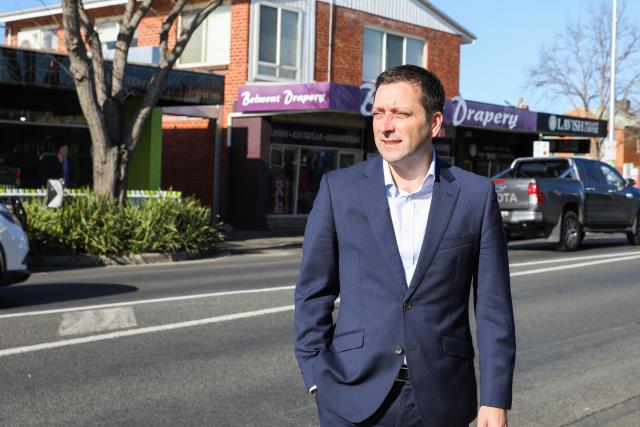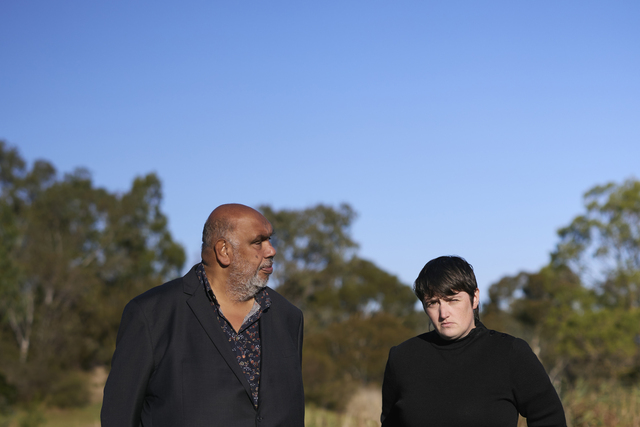Bruce MP Julian Hill has slammed Australia’s privatised unemployment system that makes people “do silly things that don’t help them to get a job” in a Parliamentary report recommending radical reforms.
Mr Hill, who chaired the inquiry into WorkForce Australia, reported that mutual obligations and its penalties on jobseekers was like “using a nuclear bomb to kill a mosquito”.
“It is ridiculous that over 70 per cent of people with providers have been subject to payment suspensions despite zero evidence that 70 per cent of people are cheating the system.”
Meanwhile the recent Robodebt Royal Commission had found that welfare fraud was “minuscule”, Mr Hill noted.
“People are made to do silly things that don’t help them get a job—such as pointless training courses or applying for jobs they won’t get—and are then harshly and repeatedly sanctioned for trivial or inadvertent breaches of prescriptive rules.”
Providers were “repeatedly trying to place jobseekers into unsuitable vacancies to chase outcomes payments”.
And employers “fled the system, dodging floods of inappropriate job applications”.
“It should not be controversial to conclude that that full marketisation has failed,” Mr Hill stated in the Rebuilding Employment Services report.
“The level and nature of competition is excessive and counterproductive, resulting in high levels of service saturation, fragmentation, and duplication yet without specialisation or localisation.”
Despite a “red-hot” labour market, more than 150,000 people have been in the system for more than five years.
“Too many people have not been skilled and prepared for this moment and the available jobs.”
In a submission to the inquiry, South East Community Links described a stark example of the current system’s failings.
A 61-year-old Afghan man missed an appointment with Workforce Australia due to his wife having a heart attack. Despite sending a text to his case worker, his payments were stopped.
Despite working as a mechanic for 30 years, he was sent to do a mechanical apprenticeship.
Another client told SECL that Workforce Australia treated him like a “lazy idiot”.
In contrast, SECL’s own Community Employment Connectors program helped more than 50 per cent of its mainly CALD-background clients get jobs.
It was voluntary, without penalties and not linked to Centrelink payments being continued or not.
Advocacy group Greater South East Melbourne (GSEM) submitted that many employers lost faith in the system.
“They don’t use government agencies to fill jobs gaps anymore because they get sent people for interviews who are there to tick their ‘mutual obligation’ scorecard, which wastes employers’ time and energy.”
The Rebuilding Employment Services report recommends the government playing a more active role in a rebuilt employment services system with “new, modern objectives”.
This includes establishing a government digital-hybrid provider that “aims to put the human back in human service” and to understand clients’ goals and circumstances.

















